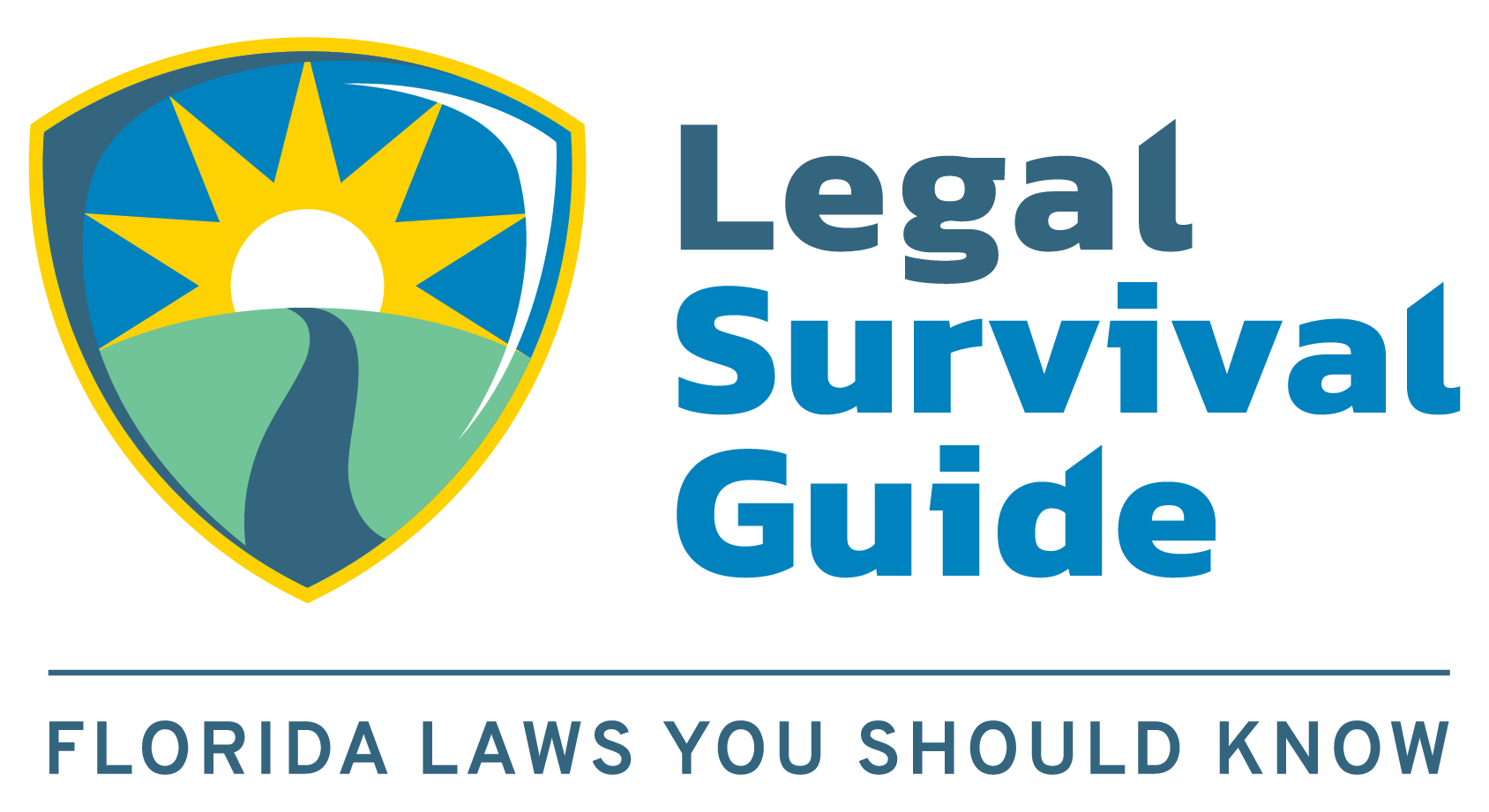If you consider buying a firearm or already own a gun in Florida, you must understand the requirements of Florida gun law, along with your legal rights and responsibilities.
Florida Gun Requirements
You must be at least 21 years old to buy a gun in Florida. However, if you are at least 18 years old and currently employed as a law enforcement or corrections officer, or are an active service member, you may purchase a rifle and shotgun.
Only residents of Florida can purchase a handgun in the Sunshine State. Other states’ residents can buy long guns (at least 26 inches long) in Florida if their sale complies with the state laws where they officially live.
Immigrants may purchase firearms if they are legal permanent residents of Florida and present a valid alien registration number.
Immigrants who are not Florida residents must present an I-94 (their legal border crossing number) and a valid exception document.
In Florida, you must wait three days to obtain a firearm after buying it. The three-day waiting period, which does not include official holidays and weekends, is required for all firearm transactions at retail establishments, gun shows, gun exhibits, and collector’s shows. Gun buyers in Florida must also pass a background check.
Exceptions to Gun Ownership
Committing certain crimes will result in the government revoking one’s legal right to own a firearm in the United States. These include anyone convicted of a felony, a misdemeanor crime of domestic violence, foreign nationals in violation of federal immigration laws, and those under an active restraining order or other protective order.
Likewise, fugitives from justice, anyone under indictment for a felony or recently arrested for a potentially disqualifying crime, and unlawful users of controlled substances may not own or obtain a firearm.
If you get “adjudication withheld” on a felony or a misdemeanor crime of domestic violence, you must wait three years after completing sentencing provisions to regain the right to own a firearm. Additionally, if a minor commits a crime that would have been a felony performed by an adult, they cannot own a gun before their 24th birthday or until the court expunges their criminal record.
Other groups who cannot legally own a firearm in the United States include:
- Individuals involuntarily committed to mental health treatment
- Anyone who renounced their United States citizenship
- Veterans dishonorably discharged from the United States Armed Forces
Open Carry in Florida
Open carry of a firearm is not legal in Florida. The only exceptions are when people are engaged in fishing, camping, lawful hunting, or target practice.
Concealed Carry in Florida
You must have a Florida Concealed Weapons License to carry a concealed weapon in Florida. A Florida concealed weapons license also permits holders to carry electronic weapons, tear gas, Billie clubs, and knives.
The licensee must carry the license, together with valid identification, at all times in which the licensee is in actual possession of a concealed weapon or firearm and must display both the license and proper identification upon demand by a law enforcement officer.
Concealed carry applicants must be at least 21 years old with proof of completion for a firearms training course, a current U.S. military serviceperson, or an honorably discharged veteran.
If you have a concealed weapons license from another state, you should verify that there’s a reciprocity law in effect with your state before carrying a concealed weapon in Florida. A list of these states can be found on the Florida Department of Agriculture website.
Unless otherwise authorized, you cannot carry a firearm onto the following premises, regardless of concealed carry permit status:
- Any place of public nuisance (aka anywhere with illegal activity, such as gambling or prostitution)
- Any portion of an establishment licensed for the dispensation or consumption of alcoholic beverages
- Law enforcement stations, including police, sheriff, and Florida Highway Patrol
- Detention facilities, prisons, and jails
- Courthouses and courtrooms
- Polling places and precincts
- Government meetings, including county, school district, municipality, and special district
- Meetings of the Florida Legislature, including legislative committee hearings
- School, college, and professional athletic events not related to firearms
- School administration buildings
- Elementary and secondary school facilities, including administration buildings
- Colleges, universities, and area technical centers
- Inside airport passenger terminal areas
- Wherever federal law prohibits carrying a firearm
Carrying a Firearm in a Vehicle
Private vehicles are considered a person’s private property in Florida. Therefore, it is legal for a person to carry a concealed weapon in their car without a permit as long as the vehicle is not on restricted premises (see above).
To carry a gun in a car without a concealed permit, you must:
- Be at least 18 years old
- Possess the gun for self-defense or other lawful reasons, such as driving to or from hunting activities
- Keep the gun “within the interior of a private conveyance” (not on you)
- Securely encase the weapon or otherwise make it not readily accessible (ex. keeping the firearm in a locked case or glove compartment)
If you have a valid Florida concealed carry license, you may lawfully carry a concealed weapon in your vehicle.

